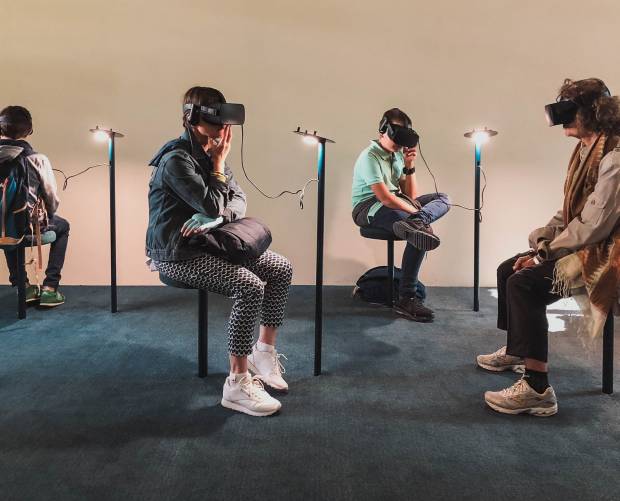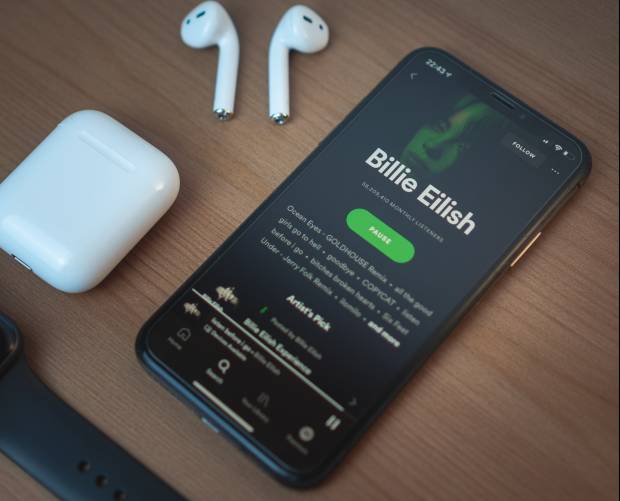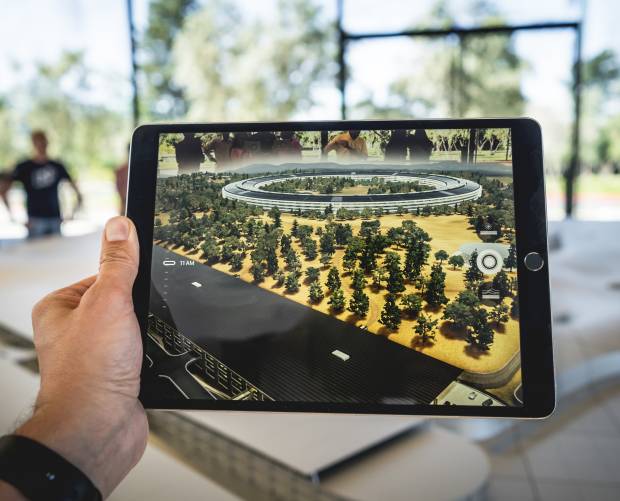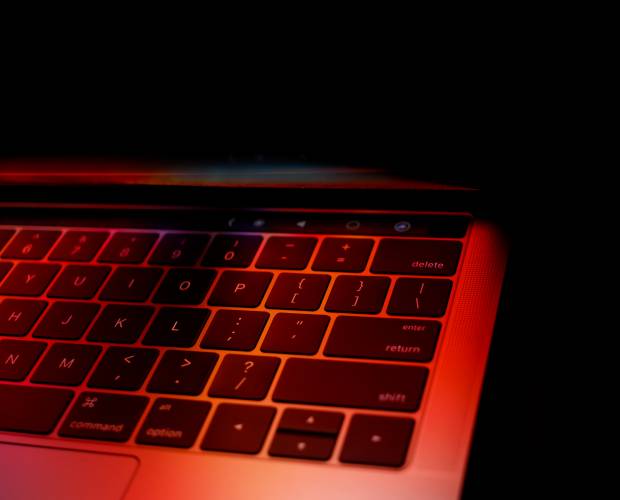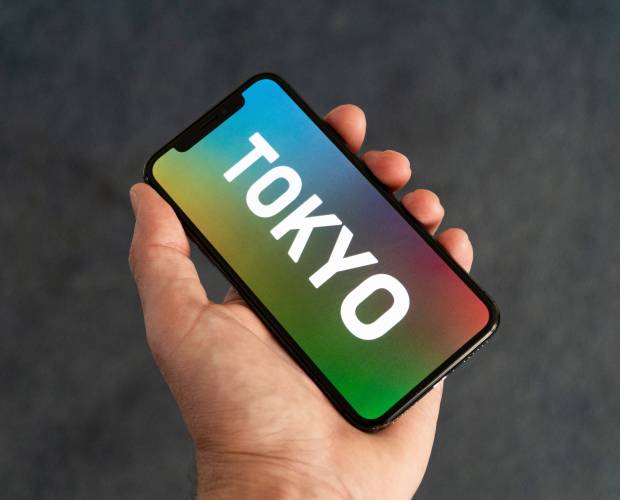
The furore around the iPhone 4S launch on Tuesday has settled down, but Apple is the top story once again. This time though, it is the story that everyone in the industry had been dreading – Steve Jobs, Apple founder, leader, and latterly chairman of the board, has died at the age of 56.
His illness has been well documented – despite his best efforts to gloss over it – and his physical appearance over the last few years has received the kind of scrutiny usually reserved for pop stars.
Indeed, his resignation from his beloved post as Apple CEO in August, after a period of medical leave for an undisclosed condition, indicated that something was up. But his status as arguably the only genuine celebrity in technology, not to mention an innovator of the very highest order, means his death resonates in mainstream culture, not just the technology industry.
His recent achievements in mobile computing almost overshadow the fact that he, alongside his college friend Steve Wozniak, helped to invent and popularise the personal computer. It is the iPhone and iPad that cemented Apple in the consciousness of popular culture – and spearhead the focus on mobile that defines modern computing. Without the iPhone, Android would have no reason for being, and the mobile space wouldnt be one of the only industries to flourish in this dismal economic climate.
Born in San Francisco to a young University couple, Jobs was adopted into a working class family in Silicon Valley. He went to college but dropped out to travel to India; he returned a Buddhist with a corresponding new wardrobe. He then focused on a computer-building project with Wozniak – eventually producing the Apple I computer. Jobs commercial nous helped him pre-sell 50 of the machines, and get the components on credit.
By the time the Apple II came out in 1977, Jobs had investment in Apple, and a reputation as a megalomaniac which continued throughout his career. Stories, such as the one about how he attempted to fire a contractor after a brief exchange in an Apple HQ lift, or the one about how he refused to sign a contract if its more than 10 pages long are impossible to verify, but his reputation as an abrasive character, and as a management control-freak, is set in stone.
In 2010, when Jobs was inundated with email complaints from consumers about the iPhone 4s external antennae, which meant that signal strength was affected if you held the device at the bottom, he picked an email and replied: “Dont hold it that way” – just one of his defensive one-line emails that hit the headlines.
Back in 1985, Jobs unpredictable, autocratic style saw him embroiled in a power struggle at Apple, and he was ousted as CEO. Not to be deterred, he set up his own company, which was bought back by a struggling Apple in 1996. By 1997 he was CEO again, and the stage was set for Jobs to turn the floundering company around. It is now the most valuable technology company in the world.
The launch of the iPod in 2001 demonstrated his uncanny feel for the desires of consumers, and with the launch of the iTunes Store in 2003, he orchestrated something record companies themselves couldnt do – a profitable solution for digital music. This move put Apple at loggerheads with Jobs idols – The Beatles had let Apple use the same name as their own record label on the condition that they didnt operate in music.
It wasnt until late 2010 that the dispute with The Beatles was resolved and the bands music was available on iTunes – a personal victory for Beatles fan Jobs.
The cliche that Jobs is synonymous with Apple is somewhat tired, but his relationship with the company is unique. And his relationship to Apples products, which he launched with genuine enthusiasm at increasingly hyped launch presentations, formed his charismatic public persona.
When he appeared on stage in 2008, after months of speculation about his health, with the words “Reports of my death are greatly exaggerated” on the screen behind him, it was a knowing joke around his importance to the company. But concern for his health was rife – Apple stocks fluctuated wildly following rumours and updates about his condition.
And when the iPad 2 launched earlier this year, in the middle of a period of sick leave for Jobs, he appeared on stage at the launch event to a standing ovation, and said he couldnt bear to miss the launch of the new device.
Jobs closeness with the Apple brand and products is unprecedented, and commentators have been wringing their hands for some time about what would happen to the company when this day came.
Thanks to Jobs visionary foresight, ruthless perfectionism, and focus on consumer wants and desires, he leaves the company he loved and founded in rude health. And as tributes pour into Apple, the industry mourns the loss of one of its most important pioneers, and one of its most compelling characters.







